Changes in Swiss VAT
VAT rates will be reduced from 1 January 2018. The standard VAT rate will thus be reduced by 0.3% to 7.7%, the service rate. 0.1% to 3.7%, while the reduced rate remains unchanged at 2.5%. The Federal Administration has published its practical guidelines on the application of the new VAT rates.
From 2019 online purchases made from companies overseas will be subjected to Swiss value-added tax (VAT).
We advise you to pay attention now and to think to adapt, that is to say in particular well update your billing systems and ERP taking into account that:
As of January 1, 2018, invoices and contracts will have to be modified to apply the new rates
the system needs to be updated to handle transactions both with current and new VAT rates.
The benefit date will have to be determined to know which VAT rate to apply, as opposed to the billing date, which is the general tax point under the Swiss VAT Law. If from the end of 2017 you are working on projects that will not be delivered until 2018, do not forget to set up the new VAT rates. In the same way, it is necessary to think about the down payments, the continuous services or the adjustments of price.
January 1, 2018, will arrive very quickly. To avoid unpleasant surprises, any company should make sure right now of the good update of the new rates of VAT.
How will foreign companies be taxed?
In order to eliminate the competitive disadvantages facing Swiss companies, the Federal Council partially revised the VAT law. The rules have thus been tightened so that foreign suppliers register and charge Swiss VAT on their supplies in the country. The entry into force will be as of January 1, 2018.
Currently, the VAT registration threshold is a turnover of CHF 100,000 in Switzerland. As of January 1, 2018, the thresholds remain the same, but it will be based on global turnover. A change that should result in the registration of 30,000 additional foreign companies to Swiss VAT.
A foreign company will be exempted from VAT registration in Switzerland if: it delivers only services in Switzerland that are subject to the place of performance of the service, and / or if it provides electricity from gas or heating. All companies are therefore not obliged to register for VAT Switzerland if they sell services in Switzerland or to Swiss customers.
This is why it is important to specify where the implementation of services and goods is – each service provided must be treated differently.
Other notable changes on January 1, 2018:
The VAT rate on e-books, magazines, and newspapers will be reduced from 8% to 2.5% to be aligned with that of printed books.
The calculation of VAT for sales of works of art and antiques will be changed.
Additional services in the field of insurance, such as social security services and vocational training services, will be exempt from a Swiss VAT
The rules on liability for taxable and non-taxable persons acquiring services from abroad will be clarified.
The Swiss Federal Council has decided that from 2019 online purchases made from companies overseas will be subjected to Swiss value-added tax (VAT).
The measure will come into effect on January 1, 2019. Currently, online purchases from abroad that attract less than CHF5 ($5.01) in VAT are exempt. This translates into an upper limit of CHF200 worth of books or CHF62.50 of goods that don’t benefit from a favorable tax status.
According to the VAT reform passed in 2016, all firms with a turnover of over CHF100,000 will be obliged to impose Swiss VAT for Swiss customers. The Swiss VAT rate is 7.7% for most goods and 2.5% for certain items like books. The move is designed to reduce the attractiveness of buying from foreign multinationals like Amazon, whose prices are very competitive compared with high-priced Switzerland.
The measure was originally meant to come into effect from January this year. However, it was postponed to allow companies more time to prepare, especially the Swiss Post.
